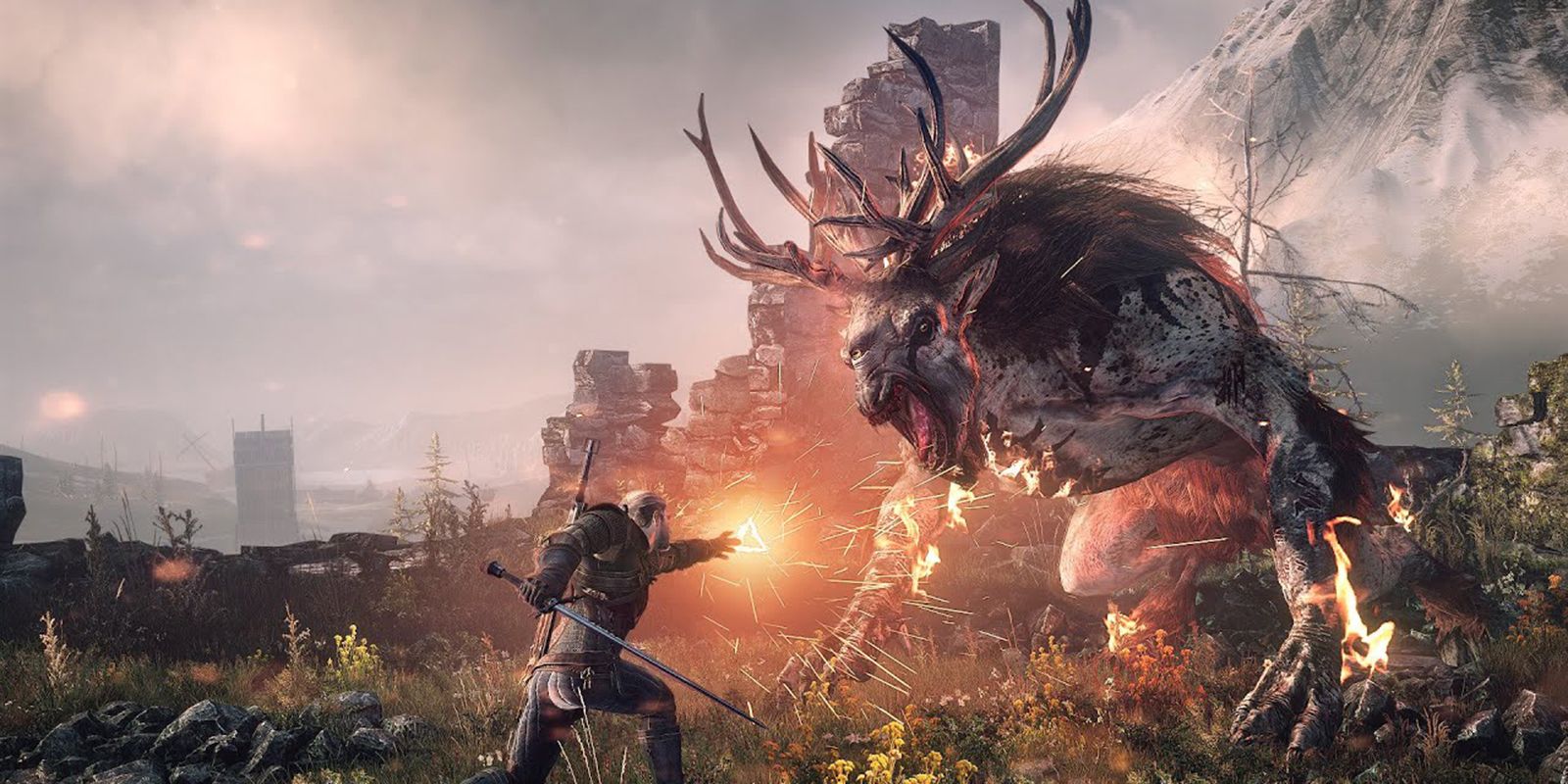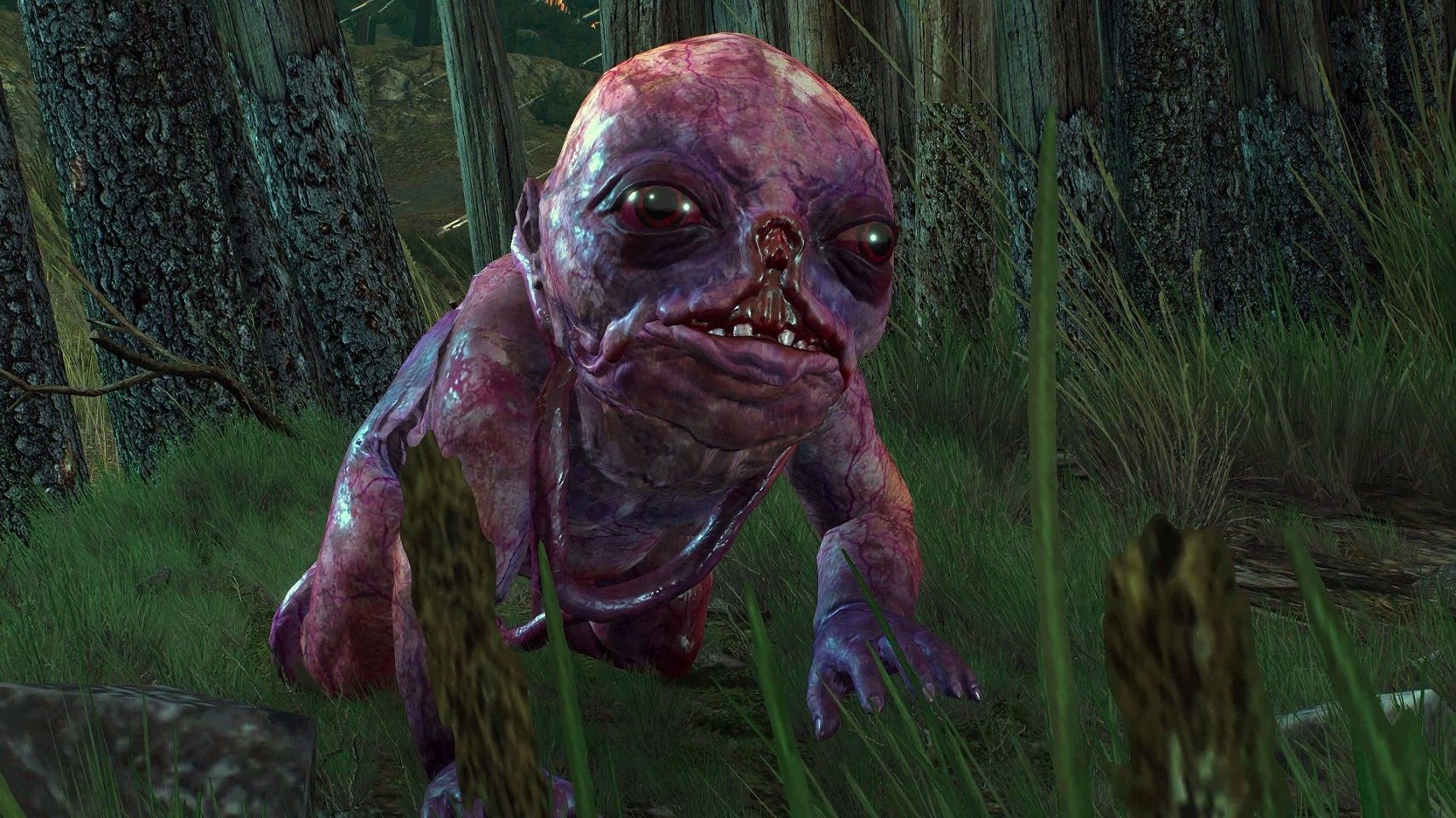In many cases, they even retain the original name of the legends they are based on.
It’s no wonder then, the enemies of The Witcher 3 feel so well-realized.
Baba Yaga is more encompassing, as the figure herself has many depictions.
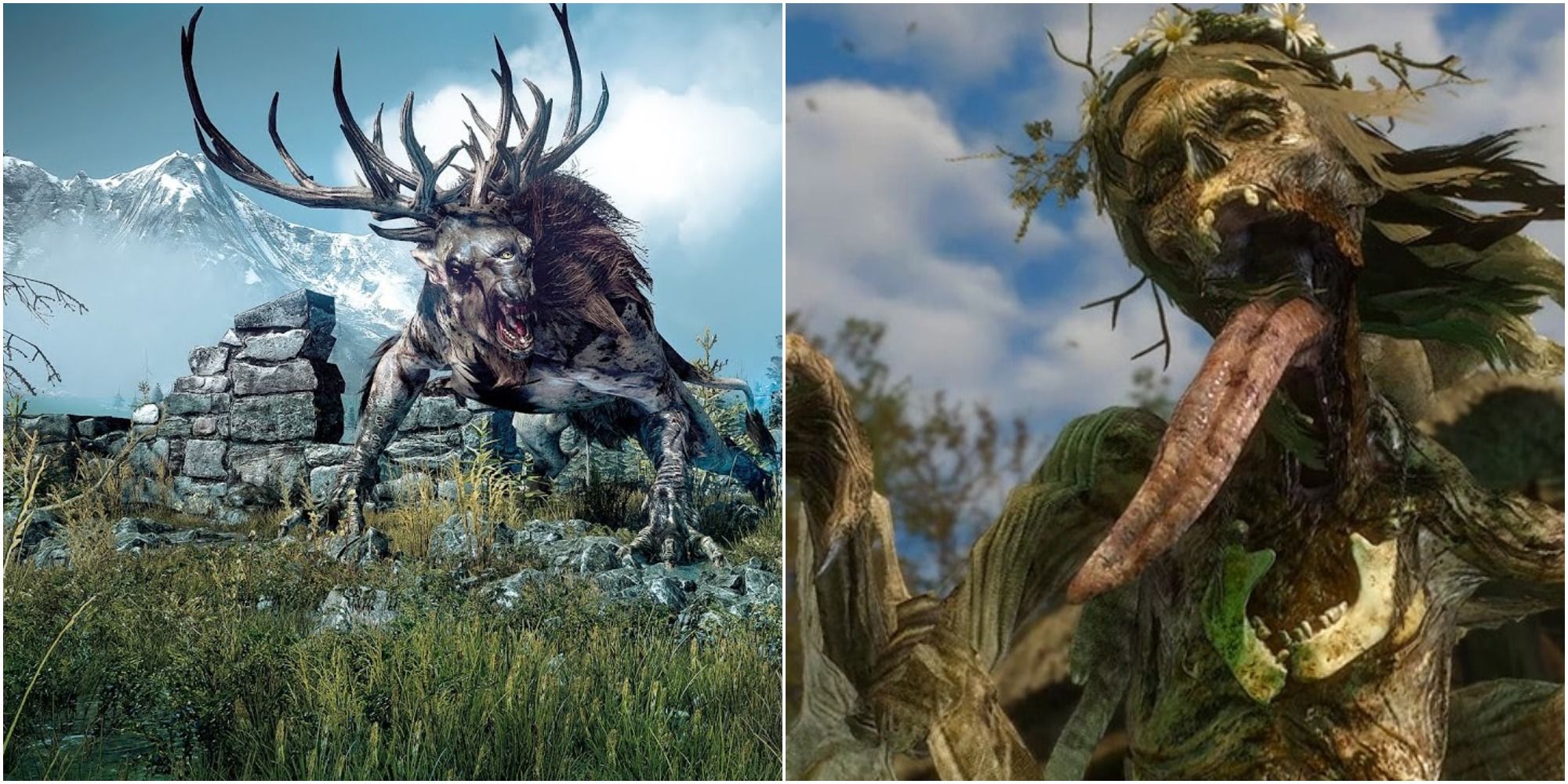
Baba Yaga’s primary intent is ambiguous, but they’re widely considered to live in the woods.
They may eat children, they may ferry them away.
They may be benevolent or malevolent.
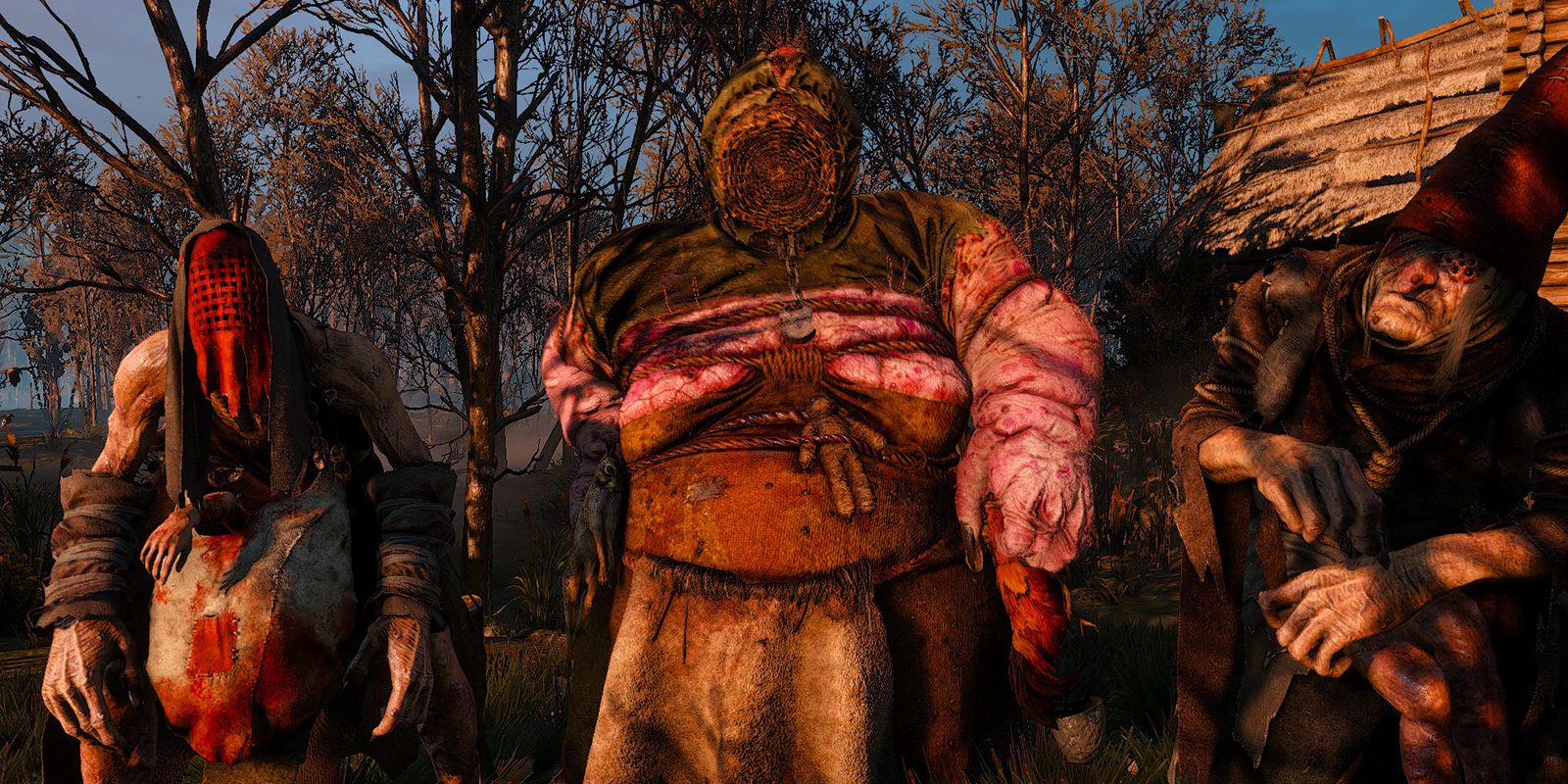
Baba Yaga has even been portrayed as three sisters.
It’s easy to see, then, how the Crones are so heavily inspired.
But those wraiths of women passed cruelly from the world share the clearest inspirations from folklore.
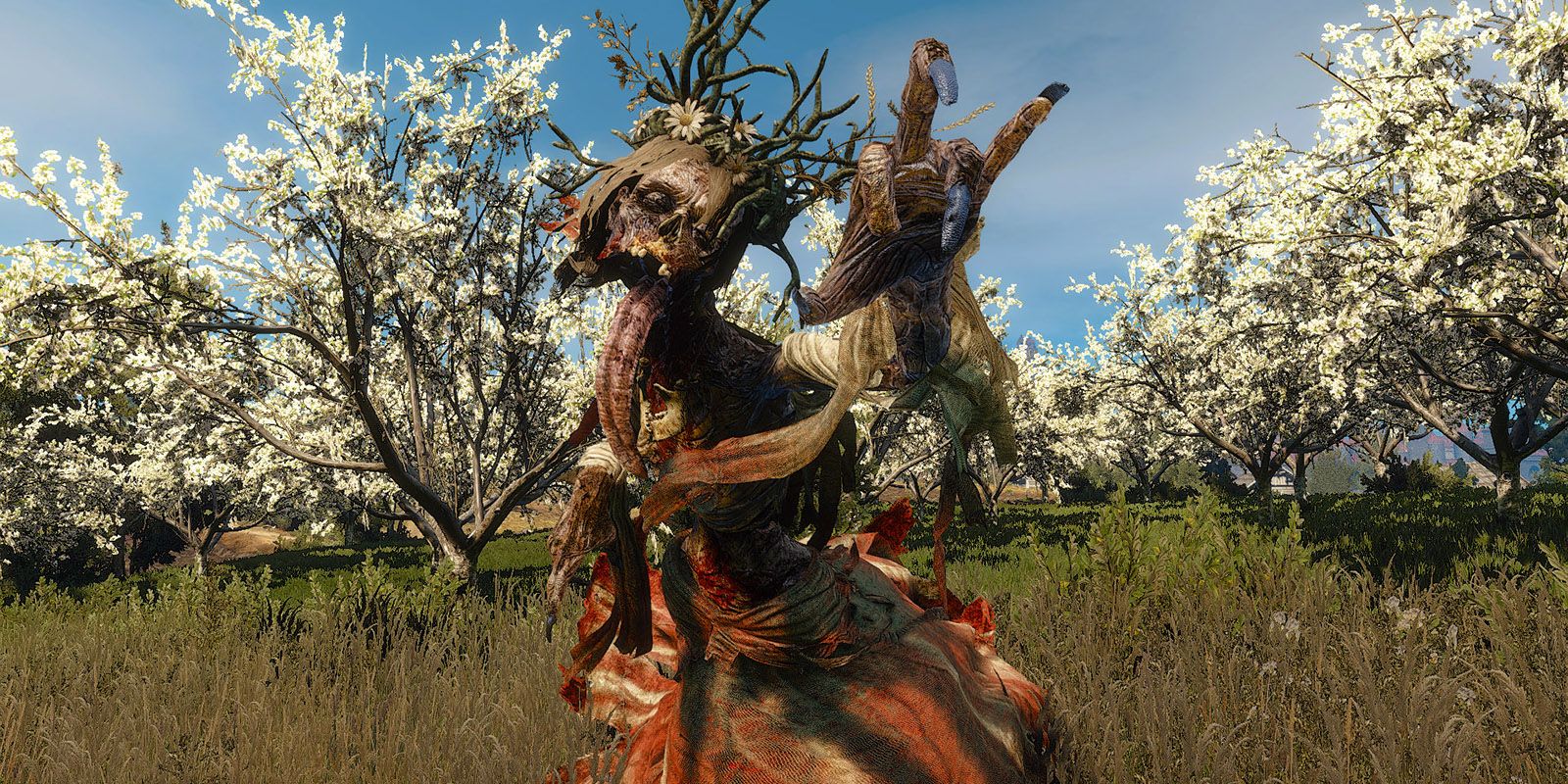
The Witcher 1 even has a quest, Heat of the Day, referencing it.
But their real-life roots are quite close to their in-game counterparts.
The inspiration is easily seen in the Haunted House quest.
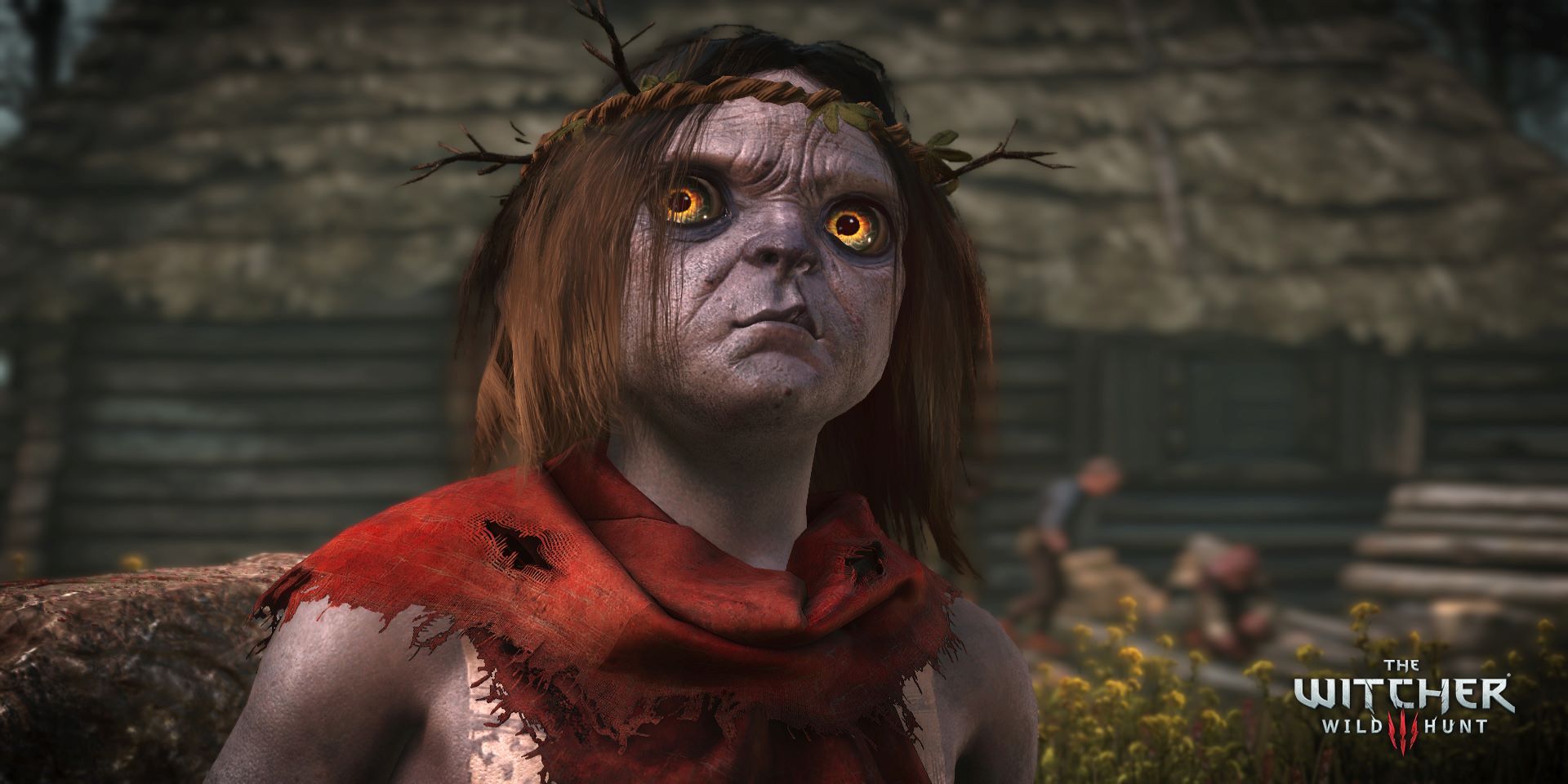
So iconic are they, that they even appeared in Monster Hunter: World.
But their actual folklore roots paint them as a much more ambivalent force than they are in-game.
Though in-game they are depicted like trees, in folklore they can assume any form and height.
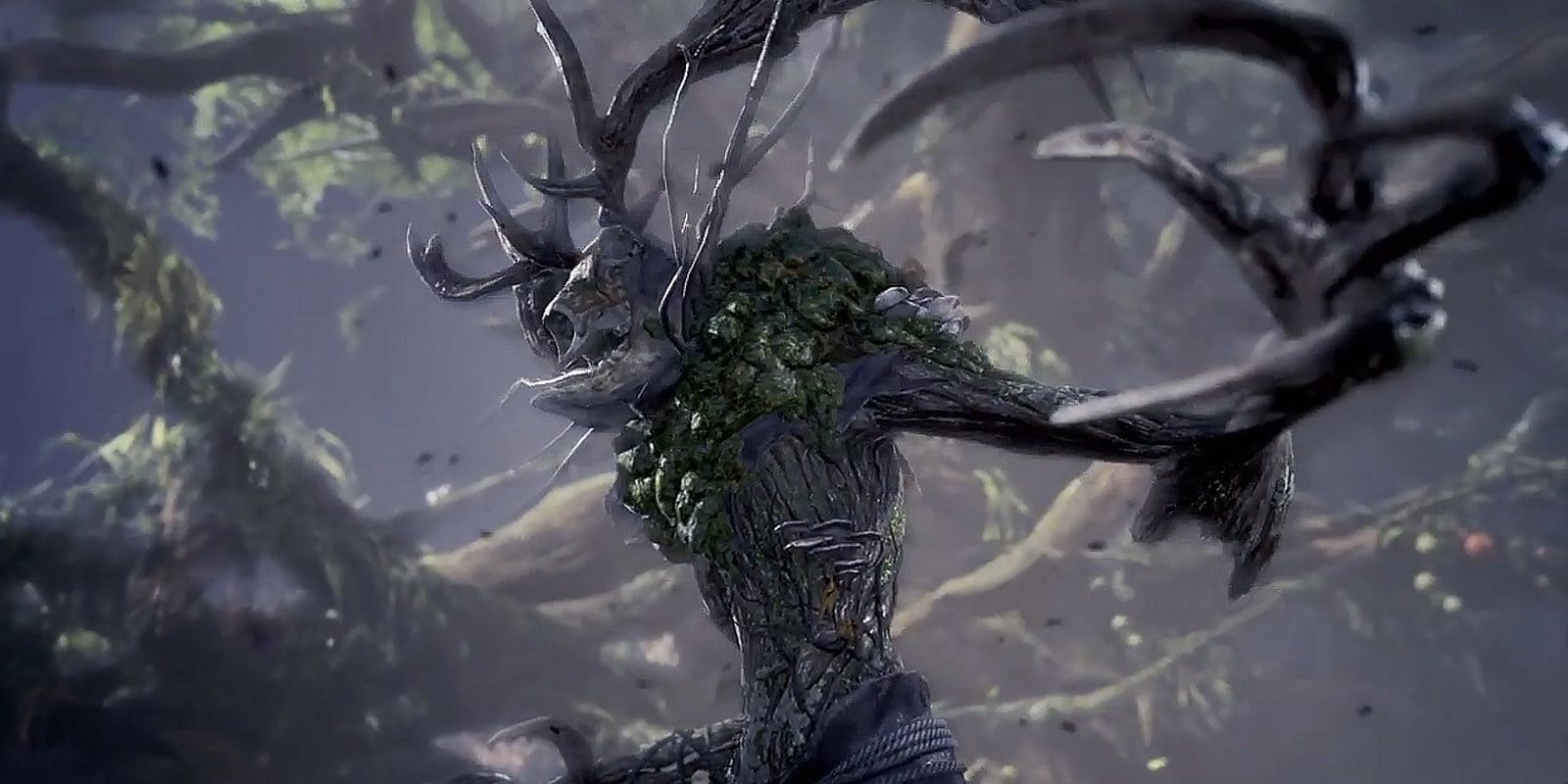
6Succubi
Succubi are an incredibly common creature of folklore to depict.
They are sexual beings who drain the lifeforce of those they engage with.
This places them more akin to the all-male Satyr of Greek belief.
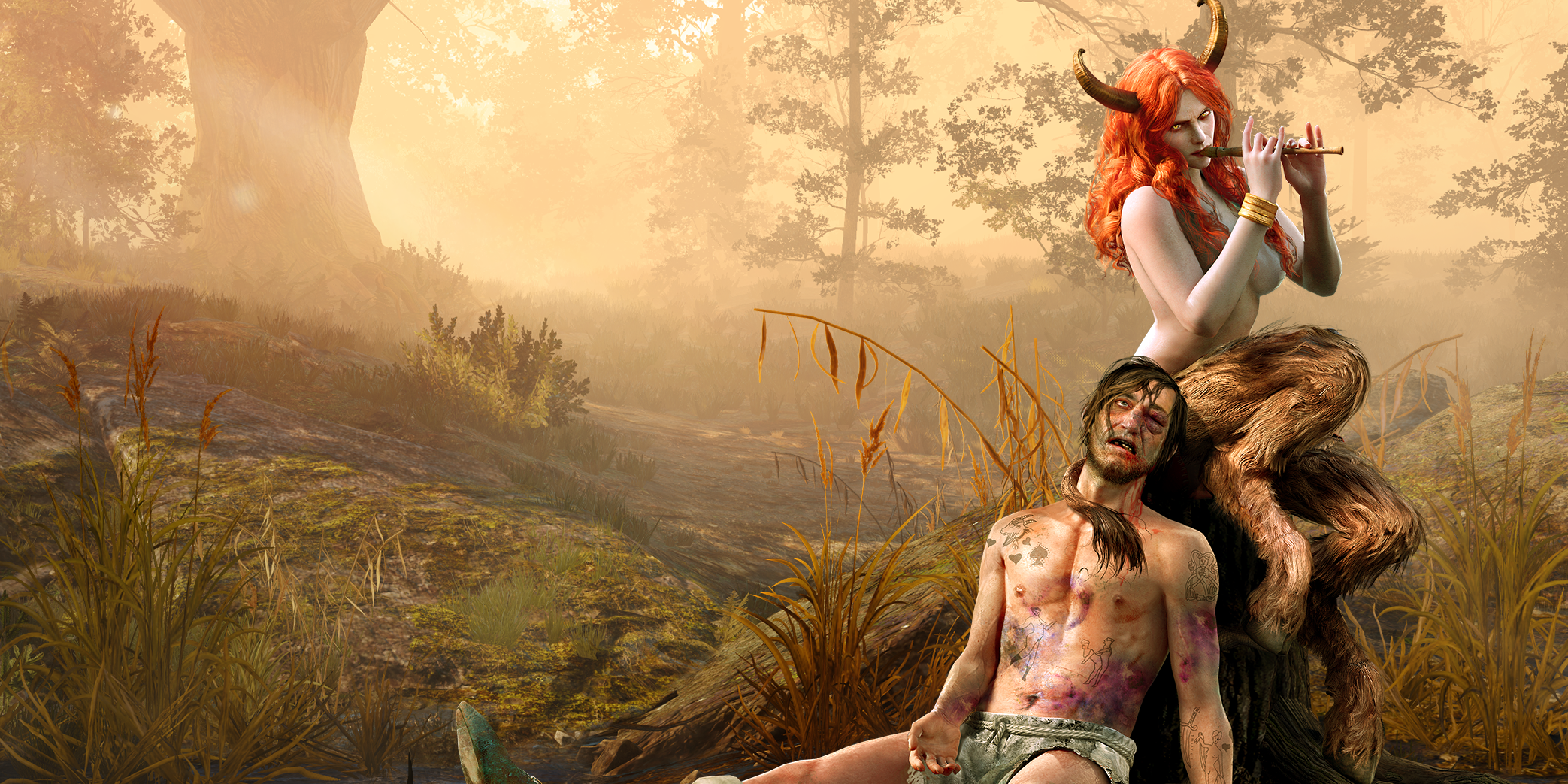
5Werebears, the Berserkers
The werebears of the Witcher 3 are interesting.
Although werewolves have many, many origins across various folklore, werebears are much rarer.
That said, there is still a real-life inspiration behind them.
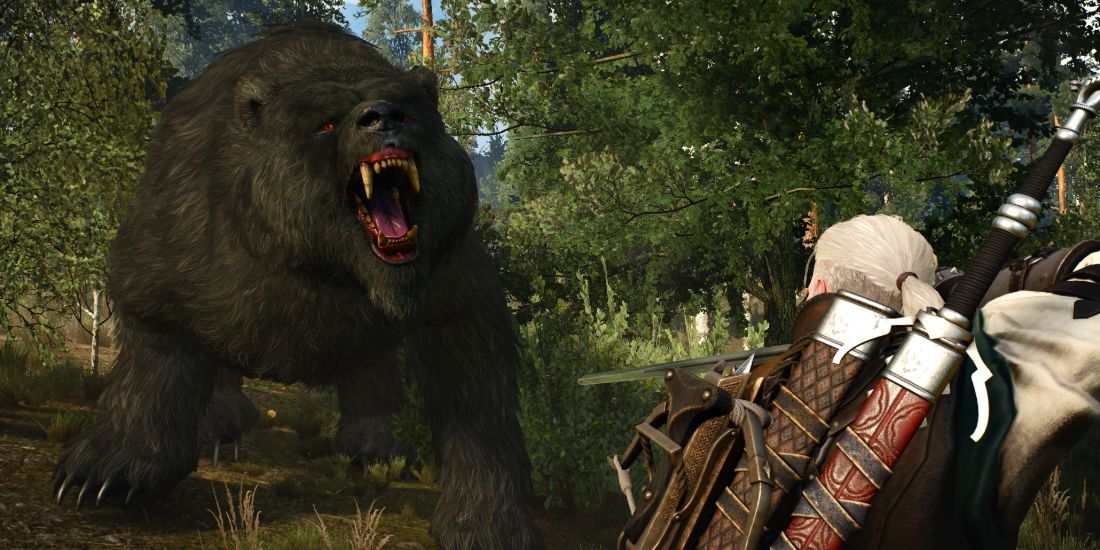
Knowing that, the logic of transforming into a bear becomes obvious.
That is the Rusalka in Slavic folklore.
Rusalki are close to sirens too, calling many wishful men to their deaths at sea.

As such, Rusalki is not the inspiration for any single creature, but a foundation for many.
They even share ties with the Lady of the Lake, as Rusalka may be benevolent creatures too.
Their origin lies in the same-named Barghests of English belief.
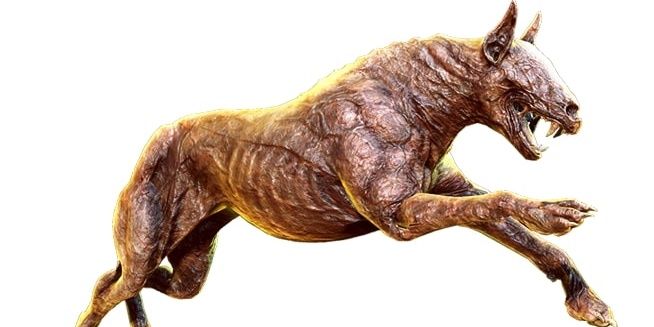
These were monstrous dogs with ill-formed teeth that only appeared at night.
In fact, the entire in-game lore is almost identical as well.
A child stillborn or improperly buried would come back as a malevolent spirit to haunt its family.
